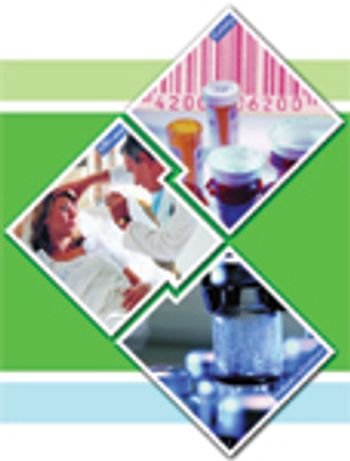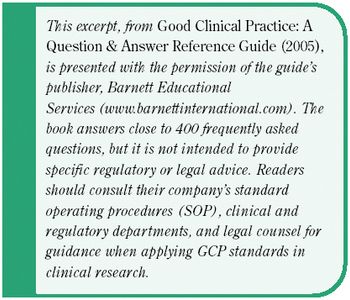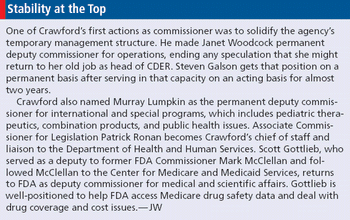
Applied Clinical Trials
Galt Associates (Sterling, VA) has brought together the original Halo web-based safety research and monitoring environment with its dsNavigator search engine for a new and improved Halo platform. Featuring streamlined yet powerful querying capabilities, the platform offers ready access to a vast array of information sources-including FDA and WHO datasets-while a sophisticated interface gives safety professionals automated tools and an intuitive way to manage and analyze data.











